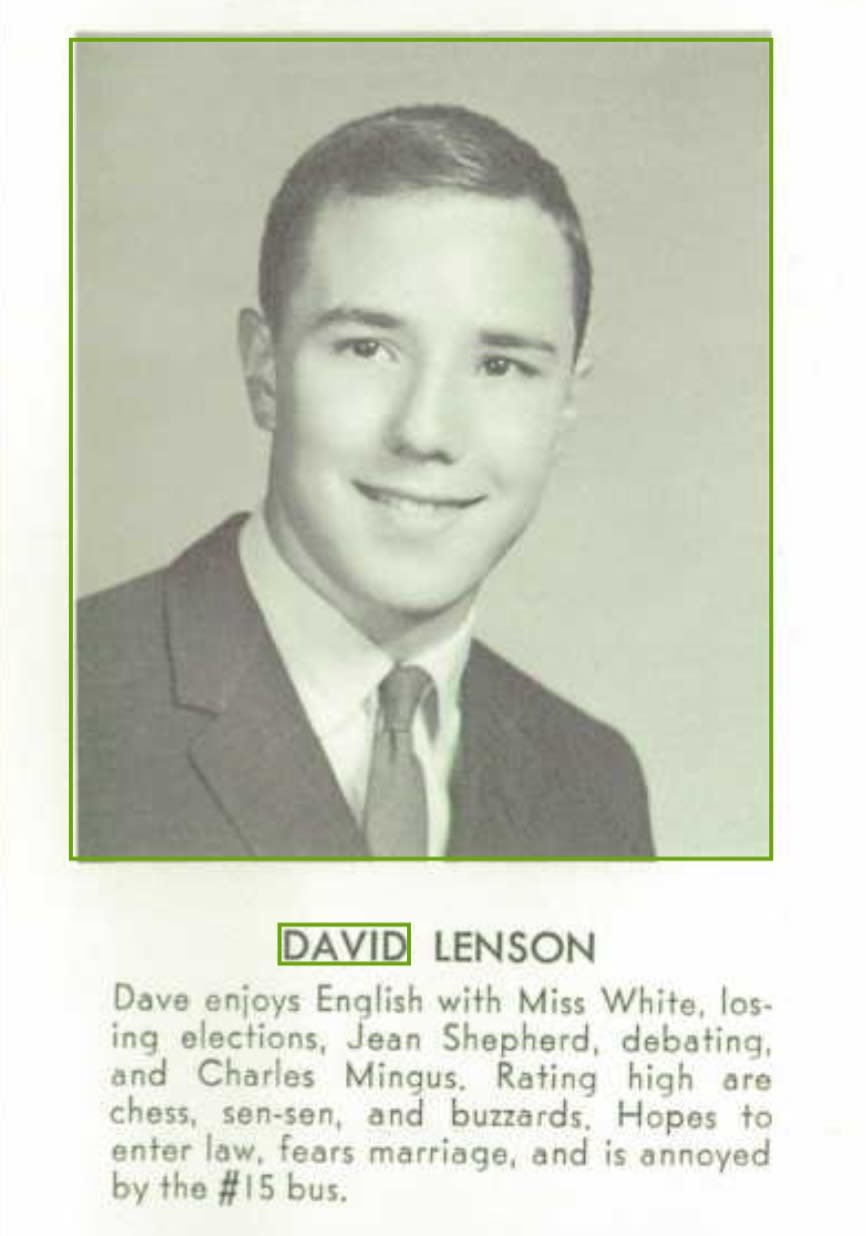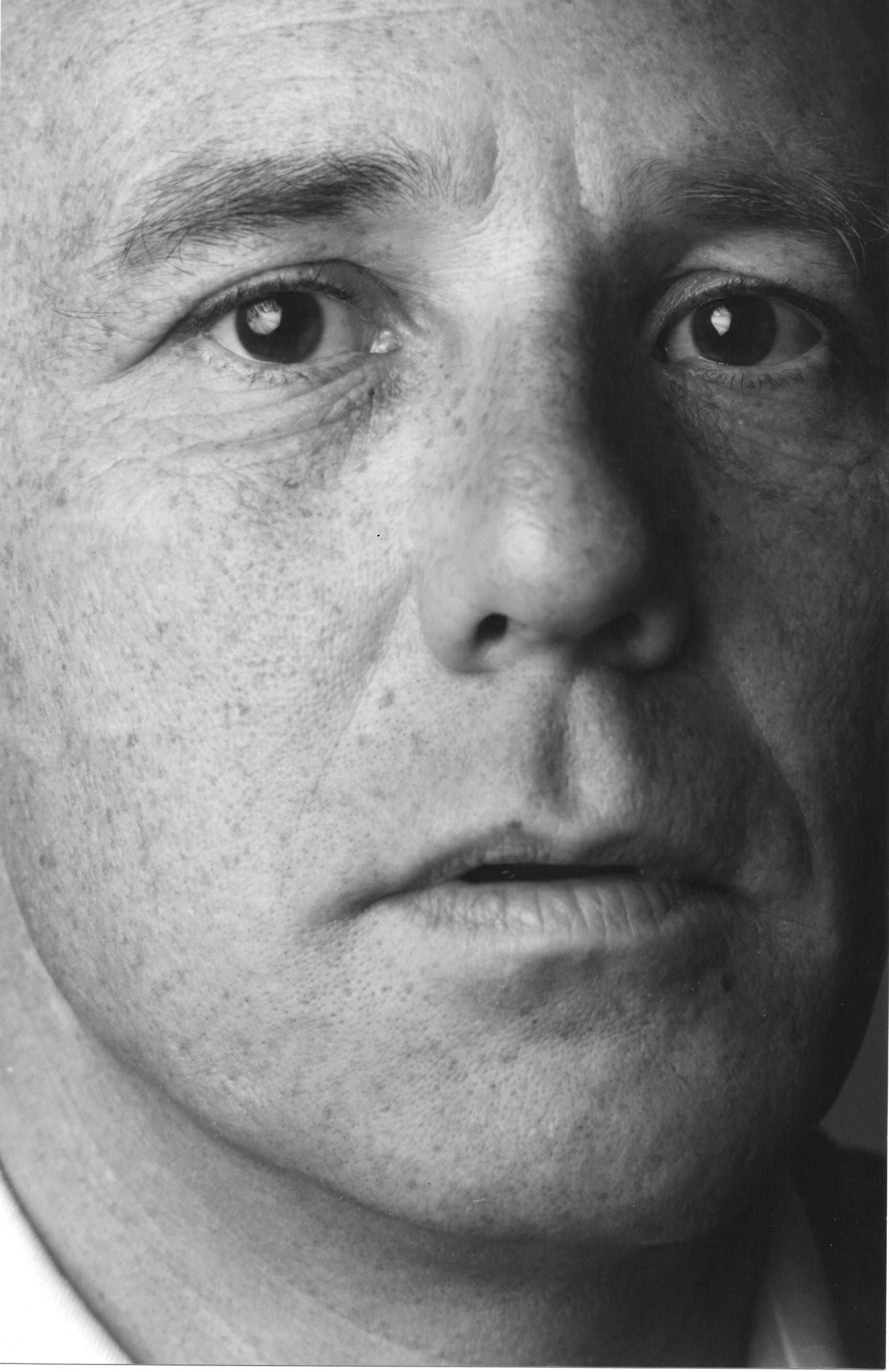© 2024 UMass Amherst Foundation, All Rights Reserved

The David Lenson Fellowship has been established in honor of our colleague, mentor, and friend Professor David Lenson. Professor Lenson directed the Comparative Literature Program, served as President of the Massachusetts Society of Professors, and Executive Director of the Massachusetts Review. For over four decades, he was a teacher and advisor to generations of students in Comparative Literature. His courses were legendary on the UMass campus, on subjects ranging from dystopia and utopia, the sociology of drugs, political theory and revolution, to Greek tragedy and lyric poetry.
Eligibility
The David Lenson Fellowship will be given annually to one graduate student and one primary major in Comparative Literature in order to support their language study abroad. Eligible students should demonstrate at minimum an intermediate level in the primary language of the destination country.
Award Selection
Fellowships will be awarded annually by a panel of three members of the faculty. Applicants will be asked to submit an estimated budget for their language study abroad and a short statement explaining how such study fits into their plans for the future.

About the Comparative Literature Program
In the late 1960s, our program was created as a bridge between the fields, an interdisciplinary space for dialogue and scholarship that would embrace the global without neglecting the local, and to do what our discipline does best: cultivate a curriculum in literature and culture—with ties to the arts—that speaks to students of many linguistic and cultural backgrounds. Today as part of the Department of Languages, Literatures, and Cultures, the Program in Comparative continues in its role as the hub for innovative, internationalist, multidisciplinary, and multilingual research and teaching within the largest department of the University’s College of Humanities and Fine Arts.
Working across borders, Comparative Literature students become adept in multiple languages, cultures, and disciplines. They apply the insights and methods of translation studies, philosophy, history, linguistics, sociology, and the other human sciences to the study of literature and media.